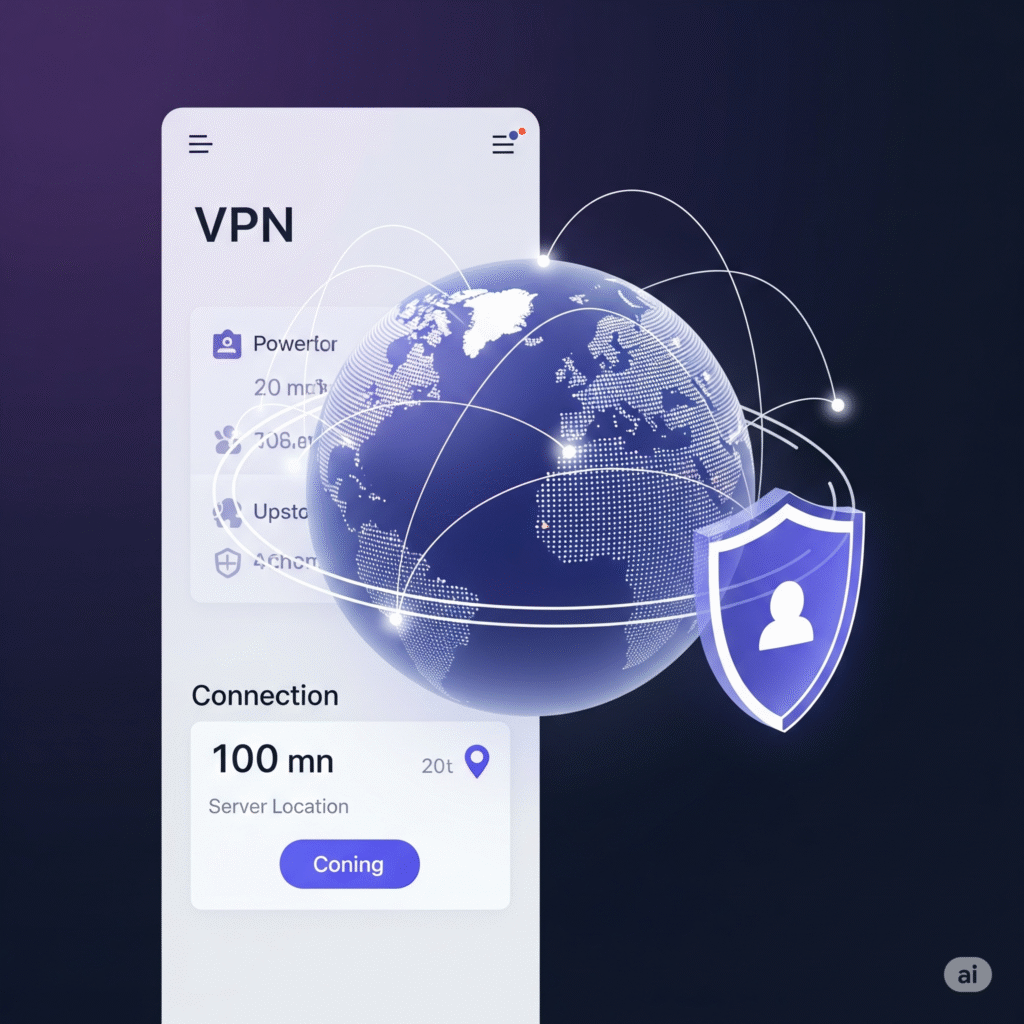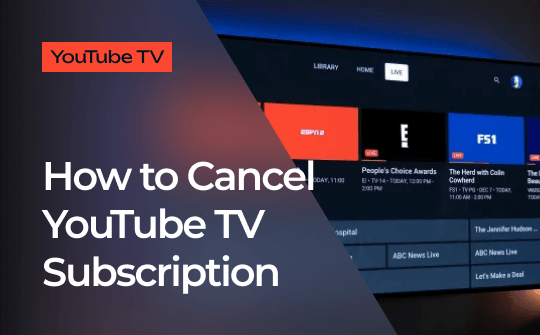Have you ever wondered if using a VPN is actually legal? You’re not alone. With so many people using VPNs to stay safe online, it’s natural to ask this question. So, let’s break it all down in a way that’s simple, clear, and easy to understand.
First, What Is a VPN?
Before we dive into the legal part, let’s understand what a VPN is. A VPN, or Virtual Private Network, is a tool that hides your IP address and encrypts your internet traffic. In plain words, it keeps your online activity private.
So, if you use a VPN, websites can’t easily track you. Also, hackers and snoopers won’t be able to spy on what you’re doing. That’s why many people use VPNs when they connect to public Wi-Fi or when they want to access blocked websites.
So, Are VPNs Legal?
Here comes the main question, and the answer might surprise you. Yes, in most countries, VPNs are completely legal. In fact, many big companies use them to protect their data and let employees work safely from home.
However, the key thing to remember is this: what you do with a VPN matters more than the VPN itself.
For example, if you use a VPN to watch Netflix in another country, that might break Netflix’s terms of service, but it’s not against the law. On the other hand, if you use a VPN for illegal activities, like hacking or downloading pirated content, that’s where things become a problem.
Countries Where VPNs Are Banned or Restricted
While VPNs are legal in places like the United States, India, Canada, the UK, and most of Europe, there are some countries where the story is different.
For instance, countries like China, North Korea, Russia, Iran, and the UAE have strict rules about VPNs. In some cases, they block VPN websites. In others, they allow only government-approved VPN services.
So, if you’re planning to travel or live in one of these countries, make sure to check the local laws first. It’s always better to stay informed than get into trouble.
Why People Use VPNs Legally
Now, let’s talk about how people use VPNs in legal ways every day. For example:
- Protecting your privacy when using public Wi-Fi
- Accessing your bank account securely while traveling
- Avoiding price discrimination when booking flights or hotels
- Working remotely and accessing company networks
- Blocking ads and trackers on websites
As you can see, most of these uses are perfectly safe and legal. In fact, using a VPN is often a smart move in today’s digital world.
Is It Safe to Use Free VPNs?
Here’s another question people often ask, “Can I use a free VPN?” While the answer is yes, you should be careful. Some free VPNs may sell your data or show you a lot of ads. Others might not offer strong encryption, which defeats the whole purpose of using a VPN in the first place.
So, if you really care about your privacy, it’s usually better to go for a trusted paid VPN service. That way, you get better speed, stronger security, and better support.

Conclusion:
To wrap things up, VPNs are legal in most of the world. They’re a great way to protect your privacy and stay safe online. Just make sure you’re not using them for anything illegal.
If you stick to legal uses, like browsing securely, accessing blocked sites, or avoiding tracking, you’re good to go. And remember, the goal of a VPN isn’t to hide crimes. It’s to protect your right to privacy in a world that’s always watching.
So yes, go ahead and use that VPN, just use it wisely.
🔗 For more insights on Tech, check out TechSquareX



